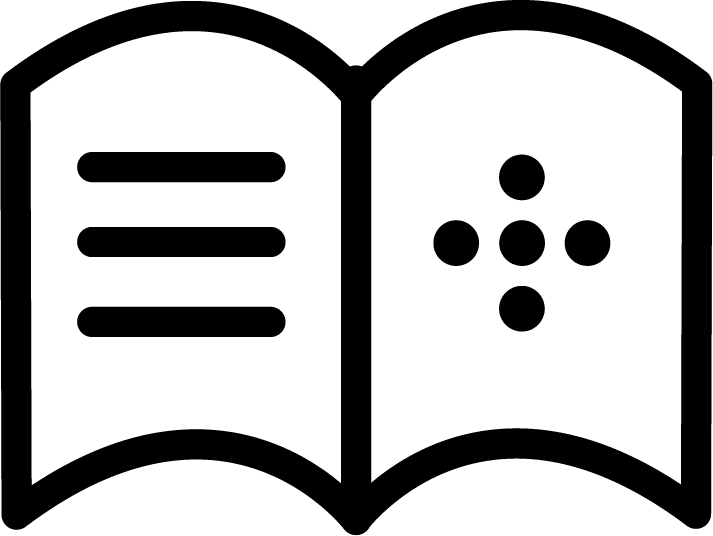Biblical Weapons to Fight Worry in Psalm 37. Catch up or rewatch sermons here.
Anxiety Cure
Messages from this series
Week 1 | Fighting Worry About the Wicked
Anxiety is normal. But you don’t have to be a victim of it. Here’s how.
Week 2 | Fighting Worry About Waiting
Believe is or not, anxiety is not always bad. Pastor Mike Adkins shows you how to be a less anxious person, and the why waiting and self-control are important.
Week 3 | Fighting Worry About Hard Things
You’ve probably seen the word “meekness” before. But what does it actually mean? Pastor Mike shares some insight and why it’s important in our lives.
Week 4 | Fighting Worry About the Future
Do you have fear about your future? Does money cause you anxiety? Find out what steps you can take to strengthen your faith and trust God with your future.
Week 5 | Fighting Worry About Your Direction
Do you get filled with anxiety about big decisions? And what happens if you fail? Pastor Mike tells us why “failure isn’t permanent” and has some practical advice to help you get through it.
Week 6 | Fighting Worry About Your Family
Do you get filled with anxiety about big decisions? And what happens if you fail? Pastor Mike tells us why “failure isn’t permanent” and has some practical advice to help you get through it.
Week 7 | Fighting Worry About the Unexpected
If you don’t know what God says about you, you will be unstable in your life. Pastor Mike shares practical steps that we can take to stay rooted in God’s principles so that we can wisely navigate our world effectively.
Week 8 | Fighting Worry About Security
Have you ever had the feeling that life isn’t fair? And why does it seem that wickedness oftentimes wins? Pastor Matt Sanders shares what we should and should NOT do in those situations as we close out our Anxiety Cure series in Psalm 37.

Grace Magazine
Find free phone wallpapers, encouragement, & more in The Anxiety Cure Issue.
Psalm 37
-
Churchyard, G. (2001). Easy English Bible Commentary: Psalm 37.
-
Longman, T., & Garland, D. E. (Eds.). (2008). Psalms. Zondervan.
-
Walton, J. H., & Hill, A. E. (2009). Psalms. In A Survey of the Old Testament (pp. 419-438). Zondervan Publishing House.

Books Recommended by Pastor Mike
- Winning the War In Your Mind by Craig Groeschel
- Get Out Of Your Head by Jennie Allen (book & study guide)
- Battlefield of the Mind by Joyce Meyer (book & study guide)
- The Neuroscience of Anxiety by Andrew Humington
- Be Anxious for Nothing by Joyce Meyer
- How God Changes Your Brain by Andrew Newberg & Mark Robert Waldman
- Finding Quiet by J.P. Moreland
- Changes That Heal by Dr. Henry Cloud
- Overcoming Fear, Worry, And Anxiety by Elyse Fitzpatrick (for women)
- The Anxious Generation by Jonathan Haidt
- The Instant Mood Fix by Dr. Olivia Remes
Plan Your Visit
We’d love to see you at Grace for The Anxiety Cure sermon series this weekend.










